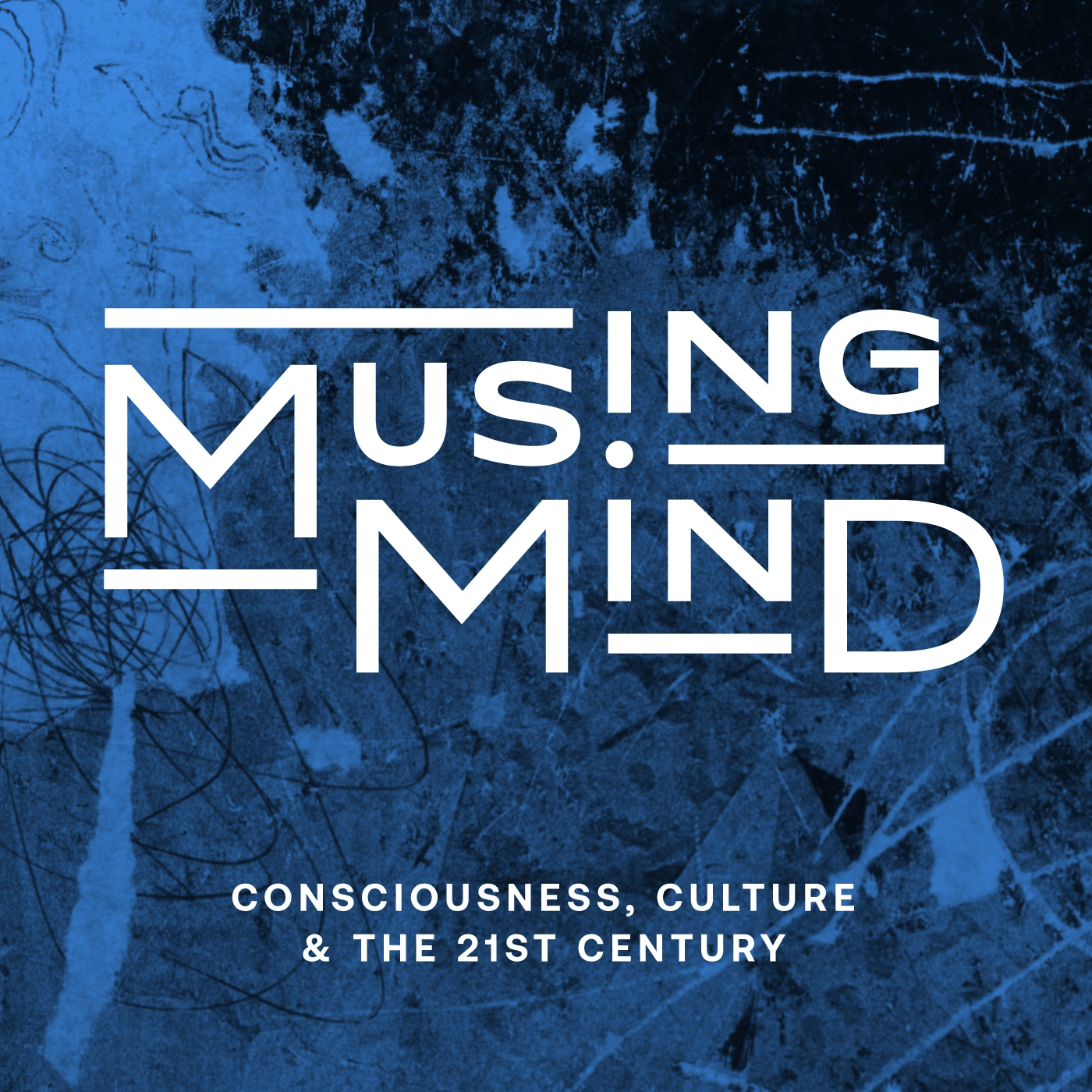Ben Hunnicutt: Leisure, the (Forgotten) Basis of American Progress
Description
My guest today is the historian and professor of leisure studies at the University of Iowa, Ben Hunnicutt. His scholarship focuses on a simple, perplexing question: why, after 100 years of shortening working weeks, did America abandon the pursuit of leisure? I feverishly read two of his books - Work Without End, and Free Time: The Forgotten American Dream - that chronicle the history of the relationship between America’s political economy and the pursuit of leisure time for all. He brings the precision of a historian together with the sensibility of a poet (nowhere more visible than his deep study of Walt Whitman) to make sense of a fascinating time period during which America changed its mind. In our conversation, we cover:The history of the ideas of shorter working weeks and leisure time from 1830 until today.The difference between “economic progress” and “higher progress”.How children who spend more time at play grow into adults better suited to handle leisure timeThe psychologies of labor and leisureStrategies to reintroduce leisure into the U.S. political economy.Enjoy!
More Episodes
What is the current arc of the psychedelic renaissance in Western society missing? How do psychedelic experiences affect politics? And what are the psychedelic humanities?
To guide us through these questions, I speak with Oliver Davis. He's a professor of French Studies and director of graduate...
Published 09/20/23
Published 09/20/23
As algorithms rise to play larger roles in how we interact with the world, how are they recursively acting upon us to play larger roles in how we experience ourselves? What, in short, does an algorithmic society do to consciousness?
Eran Fisher is a professor of sociology at the Open University...
Published 04/22/23


